Your Labubu Could Be the First Sign of a Worldwide Recession
Labubu is trending because it’s cute, and people feel economically squeezed. When big-ticket luxuries are out of reach, consumers turn to small, meaningful purchases. Pop Mart’s goblin-faced figurine has become a new kind of economic barometer. It whispers what quarterly reports won’t say out loud.
Labubu Is the Latest Face of the Lipstick Effect

Credit: flickr
Leonard Lauder coined the term “lipstick effect” in the early 2000s when he noticed how Estée Lauder’s lipstick sales jumped post-9/11. Labubu fits that mold today. Instead of lipsticks, people spend $15 on blind-box collectibles that feel like an indulgence without guilt.
Even Rihanna’s in on It
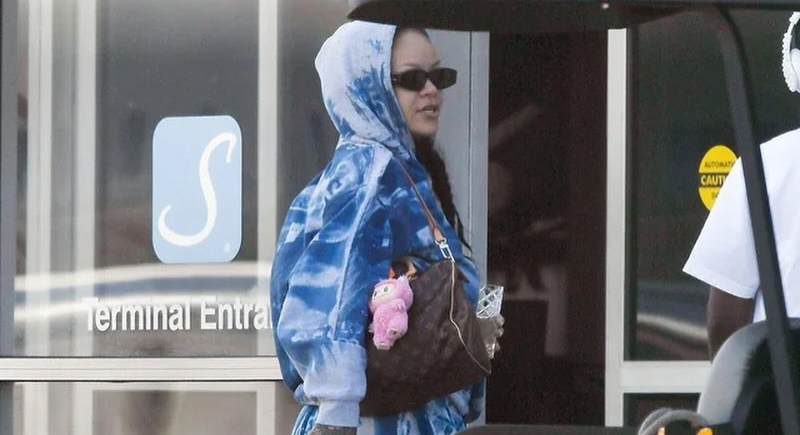
Credit: Instagram
Rihanna was spotted in April 2024 carrying a Labubu attached to her handbag during a Fenty shoot in Los Angeles. Her endorsement wasn’t part of a campaign. That moment pushed Google searches for “Labubu” up 62% in the next 48 hours, according to Google Trends.
Blind Boxes Offer Surprise in a Predictable World
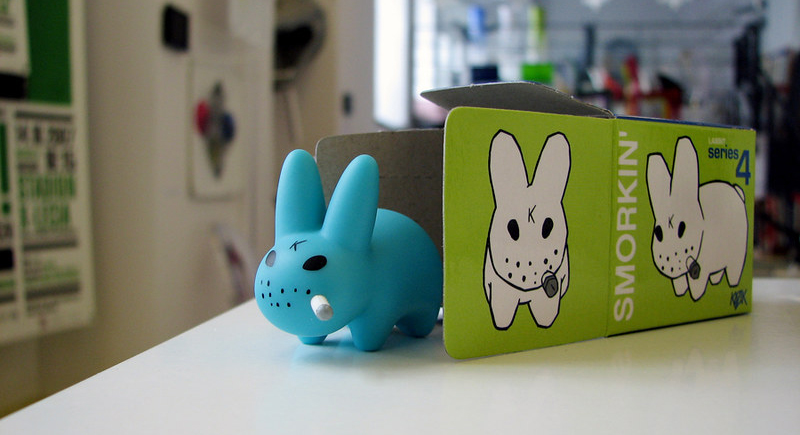
Credit: flickr
People like Blind-box toys like Labubu because they add a twist of surprise to mundane spending. A 2023 study from the Journal of Consumer Research showed that unpredictability in shopping boosts dopamine. Not knowing which figurine is inside mimics gambling, but with lower stakes and a tangible reward.
Pop Mart’s Latest Drop Sold Out in 23 Minutes
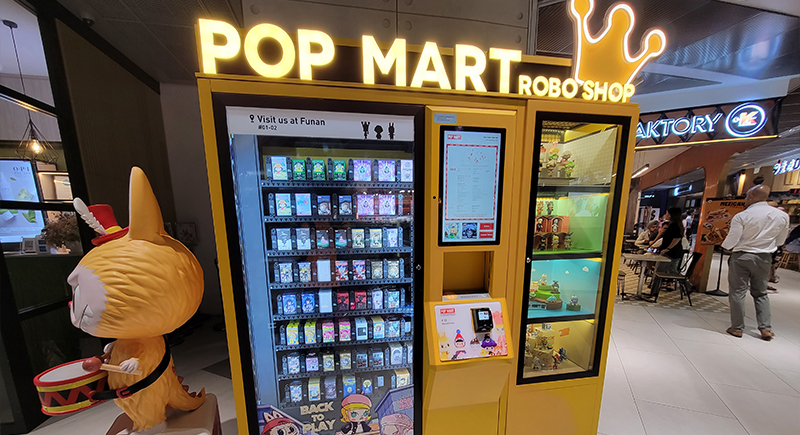
Credit: Wikimedia Commons
In May 2025, Pop Mart’s “Labubu Pirate Treasure” series launched across Asia and sold out within 23 minutes online. Fans in Seoul and Bangkok camped overnight. Each box costs about $13. Some limited-edition figures, like the “Captain Labubu,” are already fetching over $450 on secondary markets like StockX and eBay.
Dubai Mall Saw 2-Hour Lines for a Toy
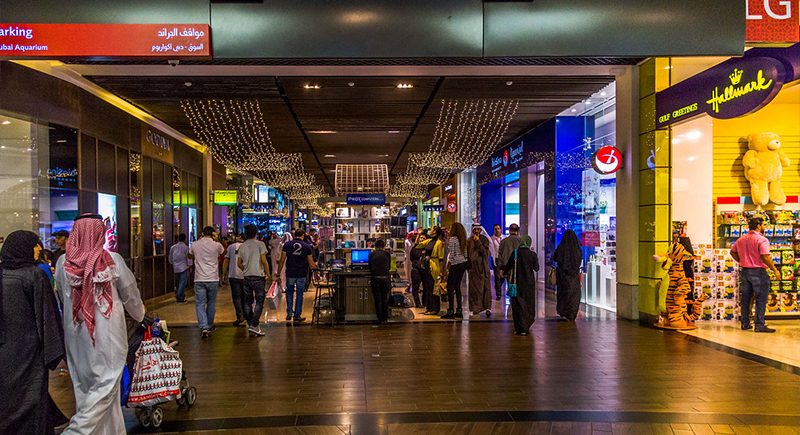
Credit: flickr
The Mall of the Emirates in Dubai hosted a Labubu drop event. Over 500 people queued for more than two hours before the doors even opened, and security had to turn latecomers away. Despite inflation hitting 4.1% in the UAE, people spent hundreds on blind boxes.
Lisa from Blackpink Is Another Clue
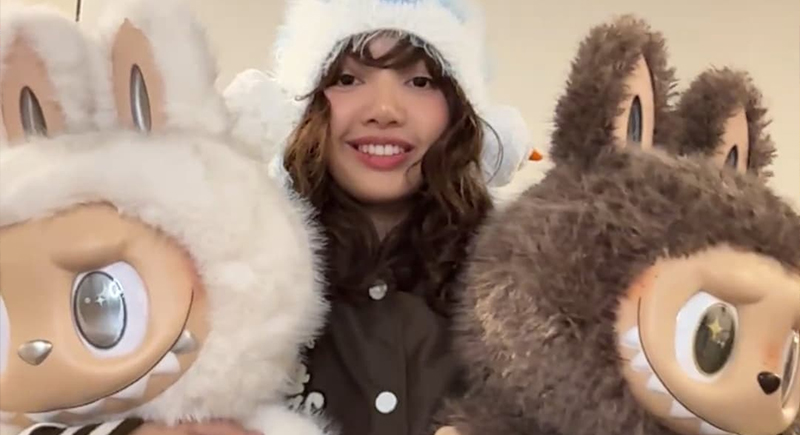
Credit: Instagram
Lisa from Blackpink posted an Instagram Story of her unboxing three Labubu figures while backstage at a concert in Tokyo in February 2024. That story was reshared over 340,000 times in 24 hours. Pop Mart’s Tokyo store saw a 36% sales jump the following weekend.
Labubu’s Resale Value Beats the S&P 500
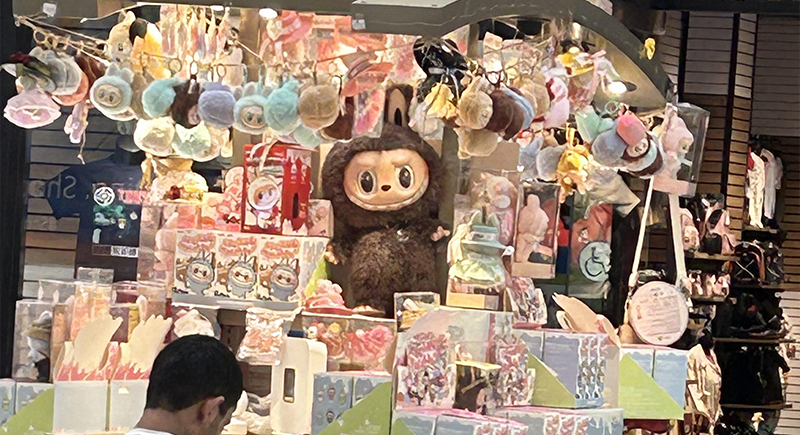
Credit: Reddit
In just two years, between 2023 and 2025, some rare Labubu figures have appreciated by over 1,200%. For comparison, the S&P 500 rose just 9.4% in 2024. A “Secret Labubu” with a 1-in-72 chance of appearing originally sold for under $15 and is now trading at $530 on Mercari Japan and Goat.
Economic Scarcity Becomes Aesthetic
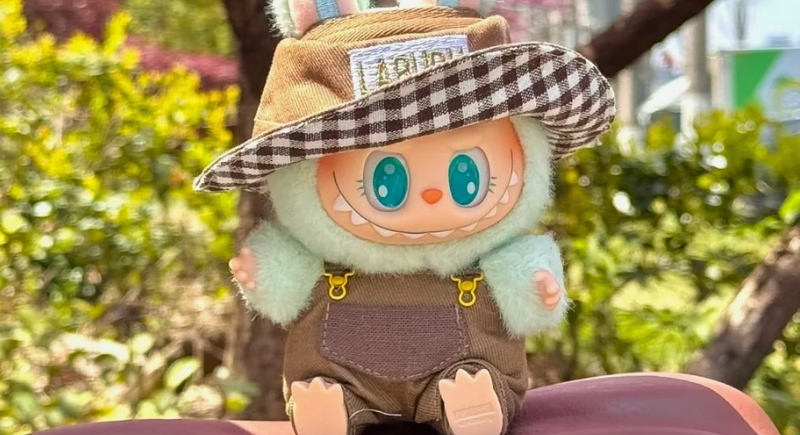
Credit: Instagram
It might not be obvious, but long skirts, rugged workwear, and Labubu are all part of the recession-core aesthetic. Trend consultant Mandy Lee noted in a post that fashion now borrows from blue-collar looks, while consumer goods, like figurines, become statement pieces.
Pop Mart Is Printing Billionaires, Not Jobs
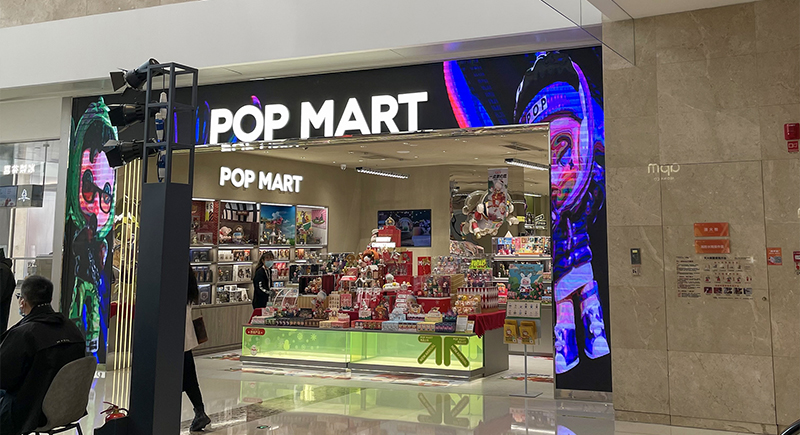
Credit: Wikimedia Commons
Pop Mart CEO Wang Ning became a billionaire by selling tiny toys to cash-strapped consumers. Forbes reported that his personal wealth had reached $2.6 billion, a 34% increase year over year. Meanwhile, youth unemployment in China hovered at 14.2%. Labubu became a lifeline for the brand without lifting workers.
Your Brain Wants the Hit, Not the Toy
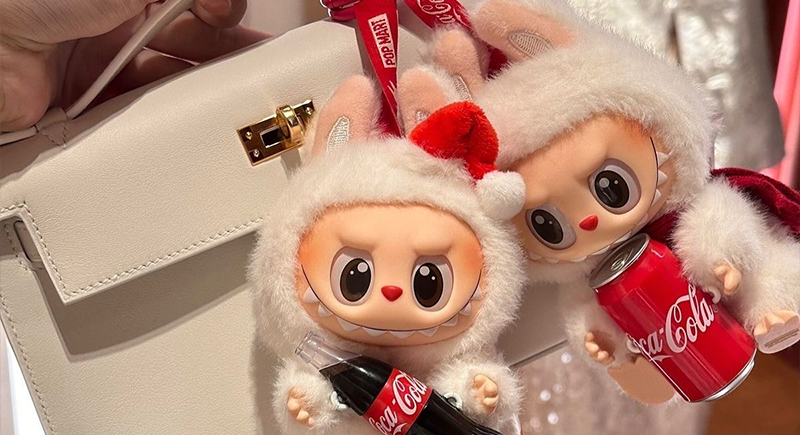
Credit: Instagram
Behavioral economist Dan Ariely explains in Predictably Irrational that consumers under financial stress don’t think logically. They chase emotional highs. Similarly, a neuropsych study from UCL confirmed blind-box purchasing activates brain reward centers, similar to slot machines and scratch-off tickets.
Food as Fashion Is a Telling Symptom

Credit: Wikimedia Commons
Labubu isn’t the only thing signaling economic tension. When Zendaya posed with cereal in an ON campaign or Amina Muaddi used veggies as workout props, it was about glamorizing everyday survival.
It’s the New Beanie Baby—But Grown-Up
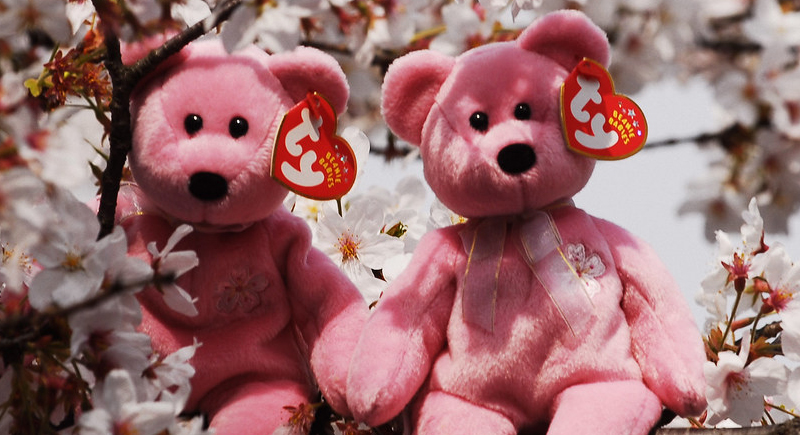
Credit: flickr
Like Beanie Babies in the 1990s, Labubu has become collectible gold. But this time it’s targeted at adults. A 2024 Pop Mart survey showed that 68% of Labubu buyers are aged 25 to 39. Many say it helps relieve stress.
Academic Studies Confirm It’s Strategic, Not Silly

Credit: Wikimedia Commons
A Texas Christian University study led by Sarah Hill found that women increase spending on self-enhancing items during downturns. When financial stability is elusive, small symbols of status or beauty—like Labubu—offer mental armor. It’s calculated, even when it feels cute.
The Hemline Theory Creeps into Toy Culture
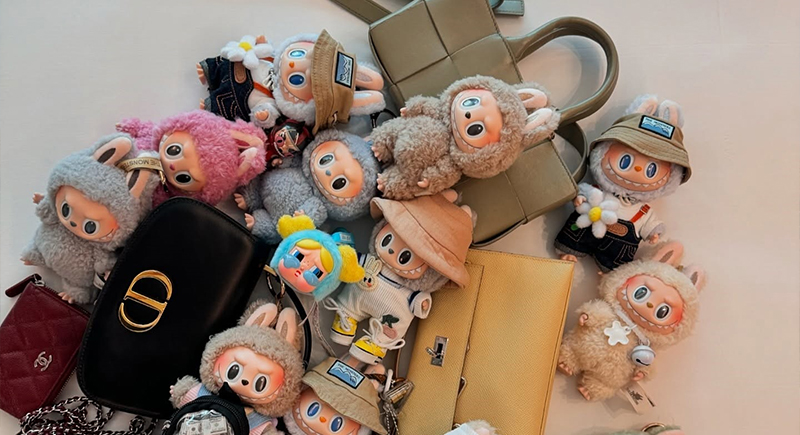
Credit: Instagram
Economist George Taylor’s hemline index links skirt length to economic health. Similar shifts exist in toys. In 2024, Labubu figures with work-themed outfits—plumbers, welders, street vendors—sold 2.5x more than fantasy versions.
Labubu Is a Global Coping Mechanism
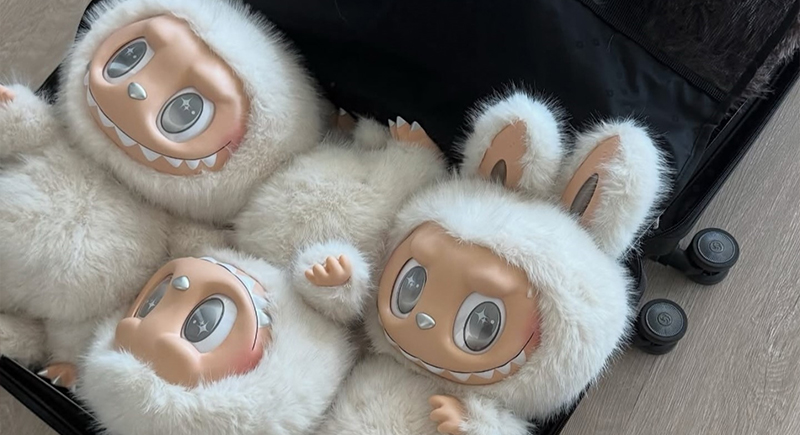
Credit: Instagram
Yes, Labubu lives on in handbags, but it predominantly lives in the psyche of people who feel priced out of stability. As Mark Fisher wrote in Capitalist Realism, today’s system thrives on emotional extraction. Pop Mart didn’t create recession anxiety. It monetized it. That’s why Labubu sells out while savings accounts shrink.